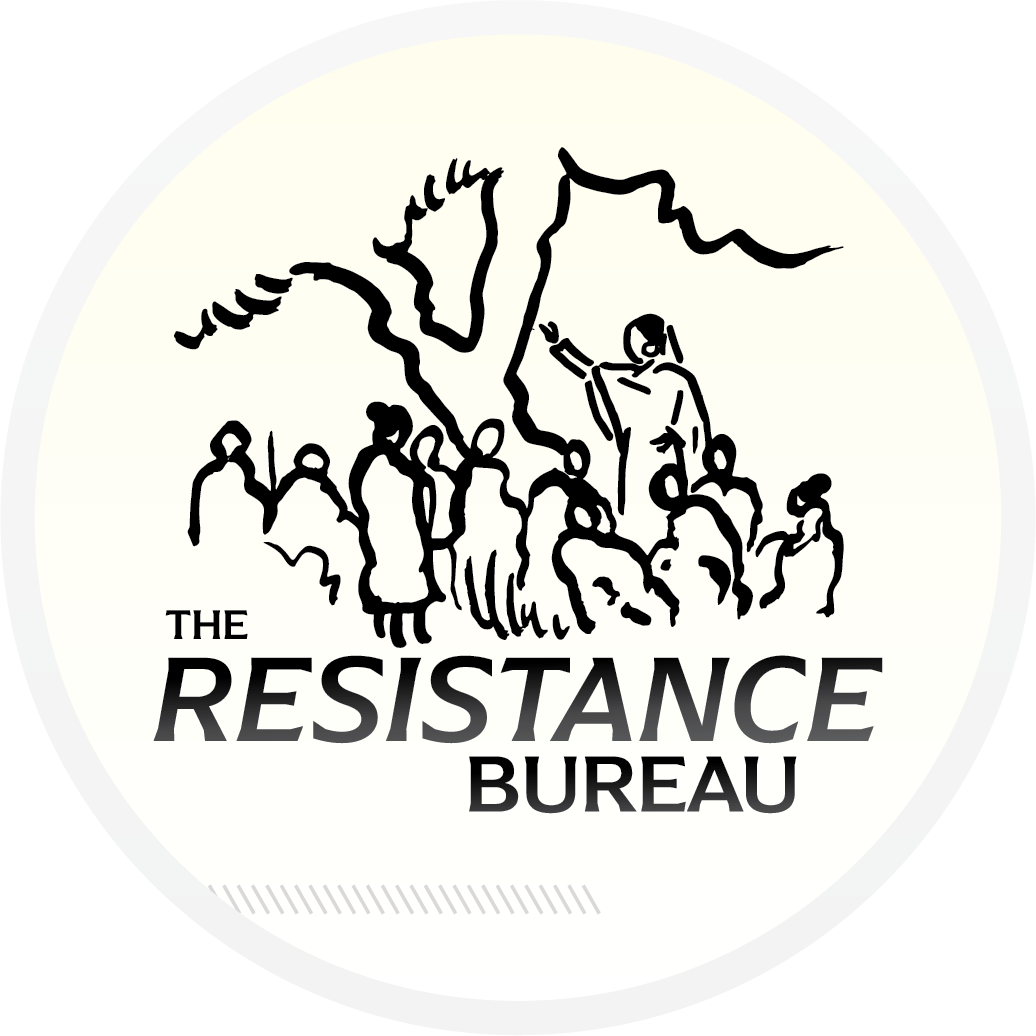The Art of Resistance
Art is inseparable from politics.
On the one hand, governments often seek to co-opt artists to sanitize their regimes. While on the other hand, painters, singers, poets, writers and satirists have expertly used artistic platforms to expose hypocrisy and abuse while also responding to repression and human suffering. In many African countries, art has evolved into a social and creative movement that communicates key messages in the public arena that are accessible to all. In this way, art can be both a powerful instrument for advocacy and an essential element for reflections on human existence.
Art can therefore be understood as a manifestation of political discourse and a vital contribution to it. It helps to describe, interpret, narrate and drive conversations and processes that define the broader social and political terrains of society.
Across the world – including and perhaps most especially in Africa – intrepid artists who are both young and old are using artistic expressions to speak their truth and truth to power. We have seen this reality unfold in a number of contexts, including in the protest songs that were circulated on "illegal cassettes” during the Moi dictatorship in Kenya; in the powerful critiques of authoritarian leaders by Nigerian Nobel Laureate, Wole Soyinka; and in the political cartoons and protest graffiti that are popular in countless countries, from South Africa to Ghana.
This program will bring together artists of various genres to unpack the place of art in resistance on the African continent. It will explore the history of ‘art as resistance’ leading up to today and its different manifestations. Importantly, our assembled speakers and discussants will identify how art is being used and interpreted -- at different levels of society -- to spotlight injustice and provide pointers to patterns or developments that warrant resistance in today’s world.
